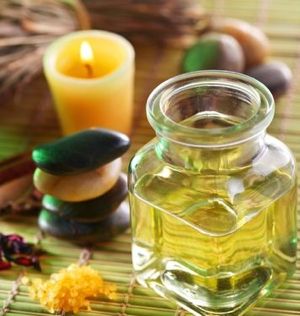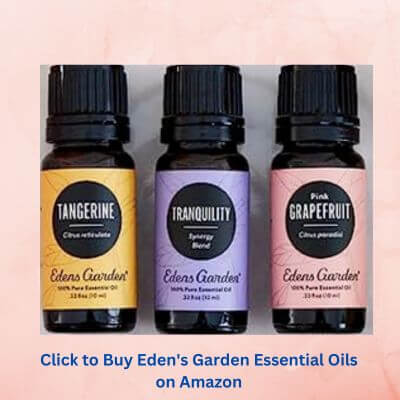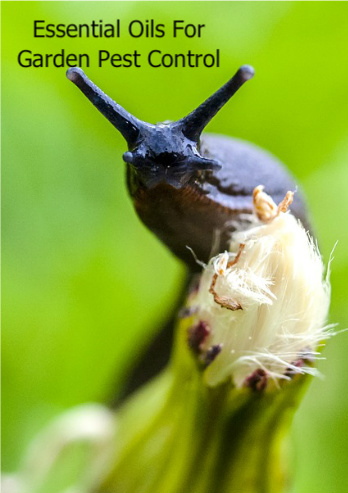- Home
- Guide for Essential Oil Use
- Aromatherapy Carrier Oils
As an Amazon Associate and affiliate with other programs, I may earn revenue from qualifying purchases through affiliate links. This does not affect the price you pay. Privacy Policy / Disclosures. This site is for educational purposes only.
Properties and Uses of Aromatherapy Carrier Oils
Aromatherapy carrier oils offer a way to dilute essential oils for use on your skin. The most common type of carrier oil for essential oils are vegetable or nut oils. However, you can also use butters, such as cocoa or shea butter, or lotions or creams. Look for high-quality products, organic when possible.
Most carrier oils can go rancid, some faster than others, so it's important to store them in a cool, dark place away from heat and moisture.
Aromatherapy Carrier Oils
There is no one best carrier oil for essential oils. Choosing a carrier to use for applying essential oils to your skin depends on your skin type, allergies or sensitivities, and personal preferences.
Almond oil (Prunus dulcis) is a popular massage oil that's good for all types of skin. It contains linoleic acid and vitamin E and may help relieve itching and dryness.
Apricot kernel oil (Prunus armeniaca) is a light oil that's rich in vitamins A and E and in oleic acid. It has regenerating, toning, nourishing, and softening properties. It's particularly good for dry and mature skin.
Argan oil is made from the argan tree that grows primarily in Morocco. The oil contains vitamin E, which is good for skin. Commonly recommended for mature skin.
Avocado oil
is a rich oil that also contains vitamins E and D, beta carotene, and
linoleic acid. It's especially good for dry and fragile skin but isn't
recommended for oily skin.
Borage oil (Borago officinalis), black currant seed oil, and evening primrose oil
(Oenothera biennis) are high in the fatty acid GLA, which helps keep skin healthy and
repair sun damage. These oils are particularly good for dry, mature, and
aging skin, but they have a very short shelf life.
Castor oil
is too thick to make a good massage oil but works well in making lip
balms and other cream products because it creates a protective barrier
on the skin. Castor is also good for brittle nails.
Cocoa butter contains vitamin E and other vitamins and minerals and it nourishing and softening. Other butters you can use as aromatherapy carrier oils include shea butter and mango butter.
Coconut oil
is high in antioxidants. Virgin or fractionated coconut oil makes a
good massage oil, while refined coconut oil works in soaps and lotions.
It's especially good for dry, sensitive, mature, and damaged skin.
Grapeseed oil is a light aromatherapy carrier oil that absorbs quickly and is good for all skin types. It tightens and tones skin.
Hazelnut oil is good for oily skin and helping get rid of blackheads.
Jojoba oil (Simmondsia sinensis) is good for all skin types and especially useful for dry skin, psoriasis, eczema, sunburn, and arthritis. This oil is also good for hair, and it's recommended for making products to prevent hair loss. Another advantage of jojoba is that it doesn't go rancid like most vegetable oils because it's a wax, not an oil.
Kukui nut oil (Aleurites moluccana) is expeller-pressed from the roasted nuts. This penetrating, non-pore-clogging oil is useful for acne,eczema, psoriasis, sunburn, dry or wrinkled skin, and hemorrhoids.
Macadamia nut oil (Macadamia ternifolia) is a light, regenerative oil that's good for most skin types. It may help heal minor skin irritations.
Meadowfoam oil (Limnanthes alba) is extremely emollient and deeply penetrating but not greasy. The oil is stable and almost odorless and can extend the shelf life of blends. Avoid the filtered cold-pressed version of the oil, as it has a strong odor.
Neem oil (Azadirachta indica) is cold-pressed from the plant's seeds. It's suitable for sensitive and allergic skin and helpful in healing a variety of skin disorders. But the oil is typically only used in small amounts in blends due to its scent.
Olive oil promotes a smooth, radiant complexion and helps maintain skin elasticity.
Rosehip seed oil (Rosa mosqueta) is highly regenerating and healing. It's good for most skin types, especially for scarring, stretch marks, wrinkles, and pigmentation spots, and for damaged hair.
Sesame oil (not toasted sesame, which has a strong aroma) is a light oil that's soothing and softening. Highly valued in ayurvedic aromatherapy.
Sunflower oil (use only cold-pressed ones, which are typically organic) moisturizes and softens skin. It's useful for acne, bruises, hemorrhoids, and sinusitis.
Tamanu oil (Calophyllum inophyllum) is cold-pressed from the nuts of the tree. The oil has skin-nourishing properties and may help relieve various skin conditions, including eczema, psoriasis, and acne.
Walnut oil has soothing refreshing emollient qualities.
Wheat germ oil (Triticum vulgare) is regenerating and helps relieve inflammation. It's good for dry, mature skin and for eczema and psoriasis. High vitamin E content.
Caution: Do not use mineral oil as a carrier oil for essential oils. Mineral oil is difficult for skin to absorb and clogs pores.
Sources:
The Essential Guide to Natural Skin Care
Making Aromatherapy Creams and Lotions
Aromatherapy: A Complete Guide to the Healing Art
The Complete Aromatherapy & Essential Oils Handbook for Everyday Wellness
Photo Credit: Volff/123RF Stock Photo







